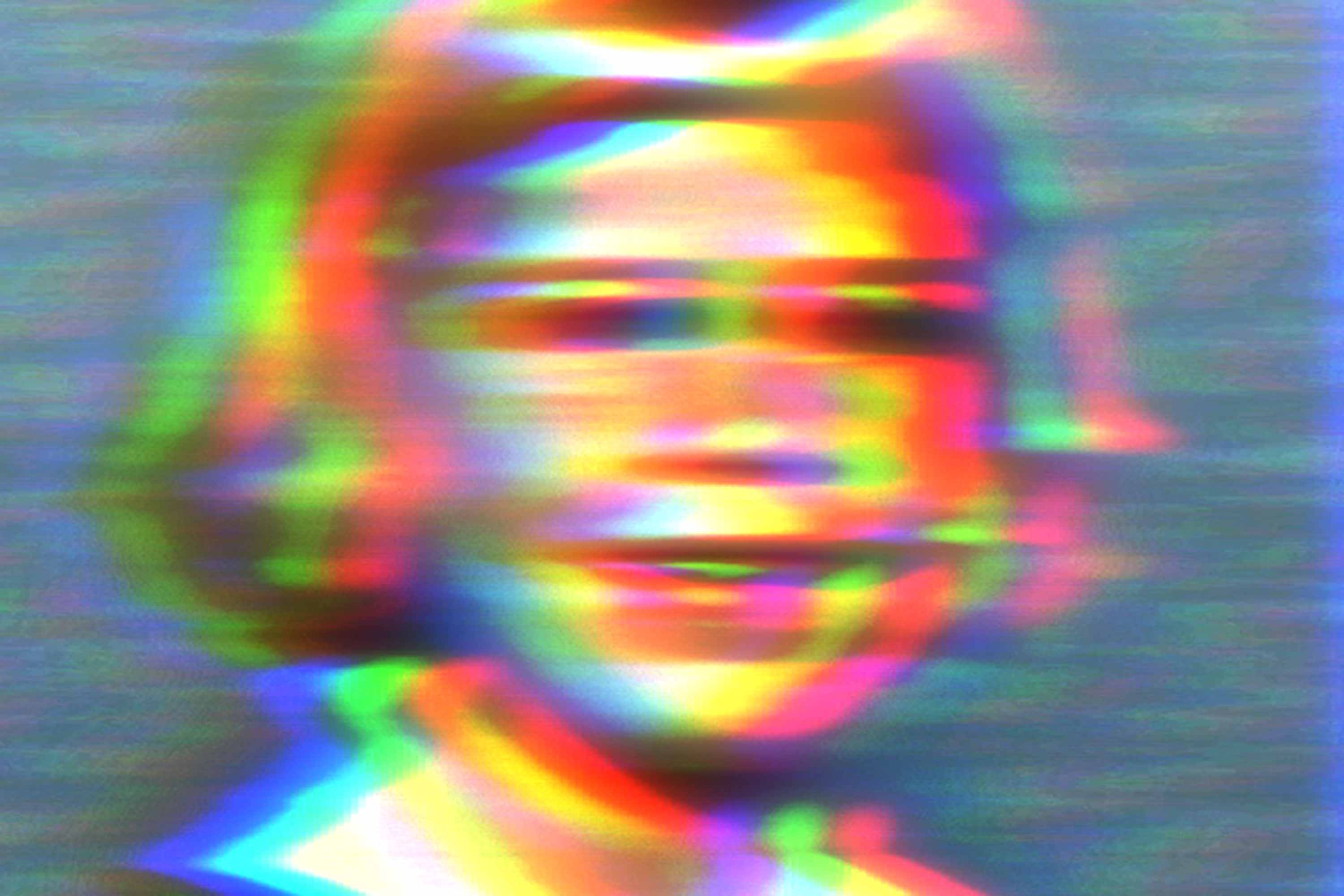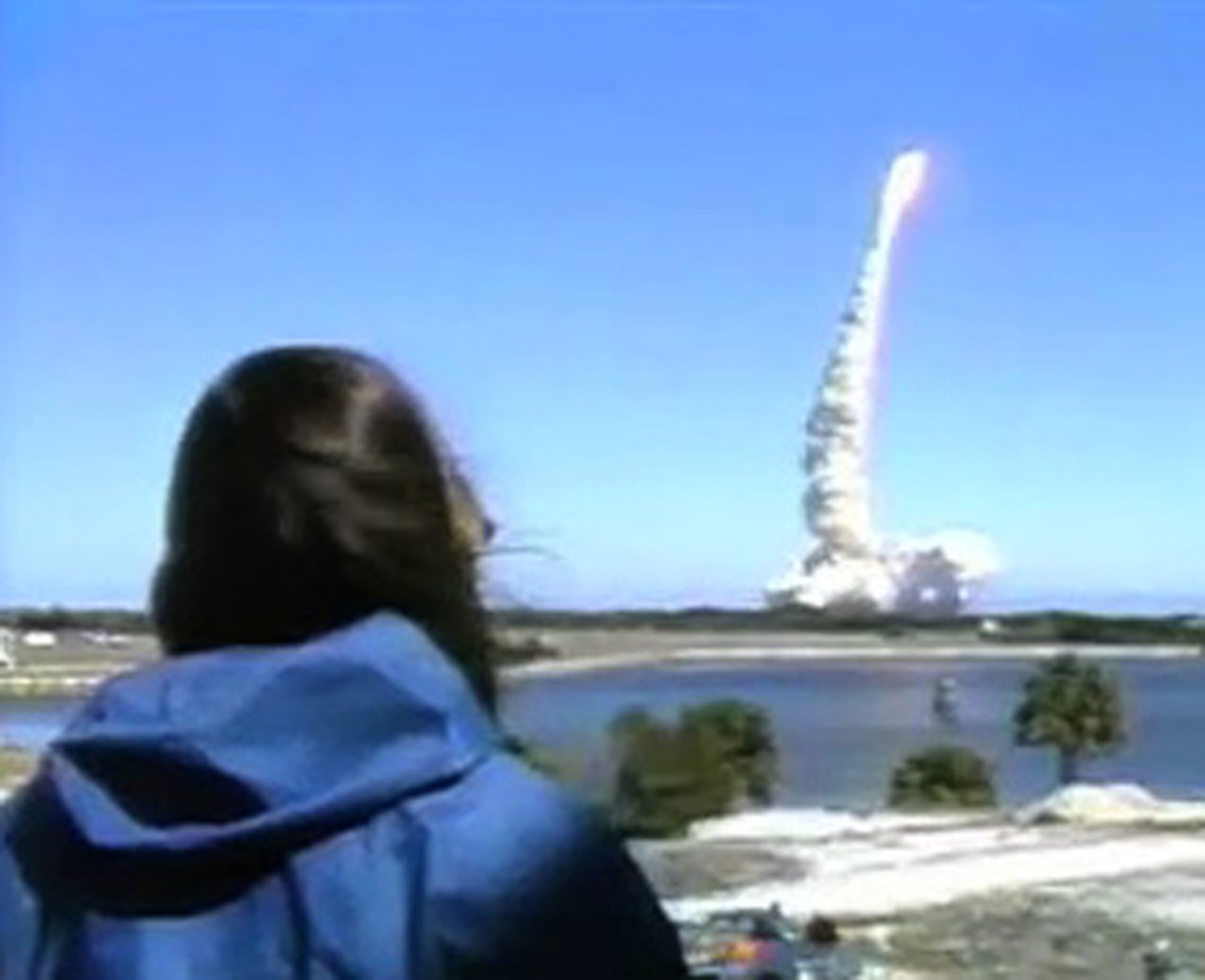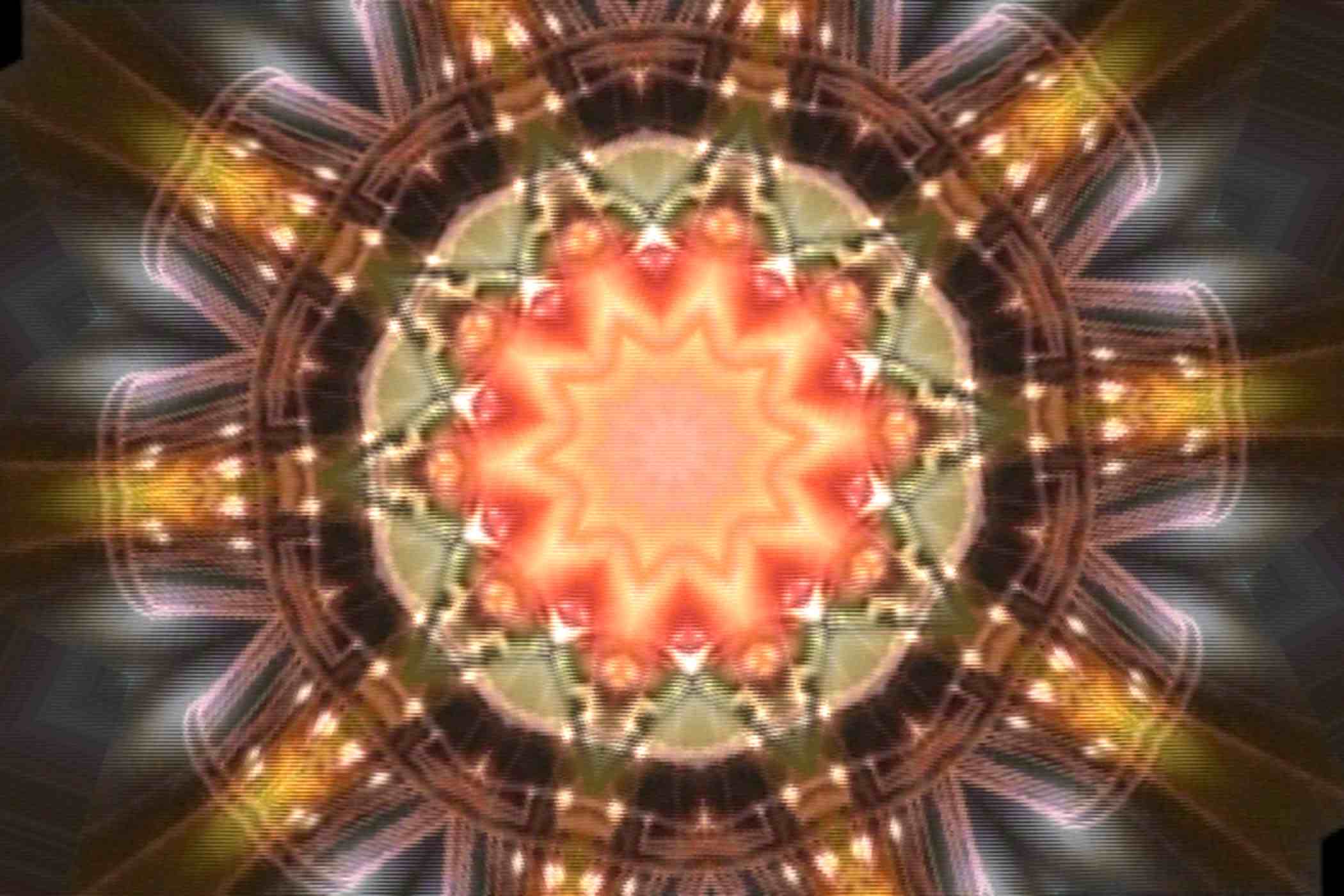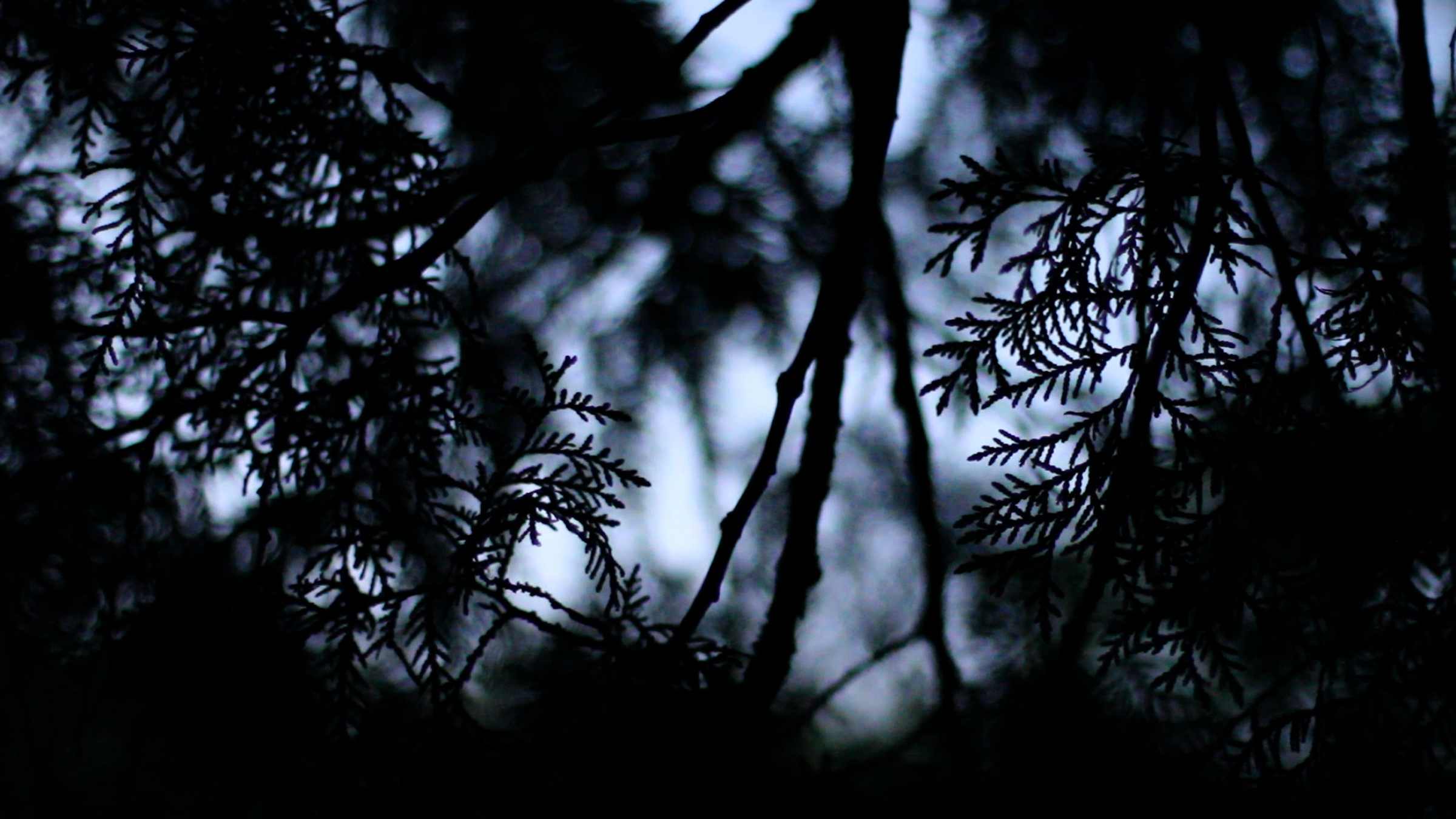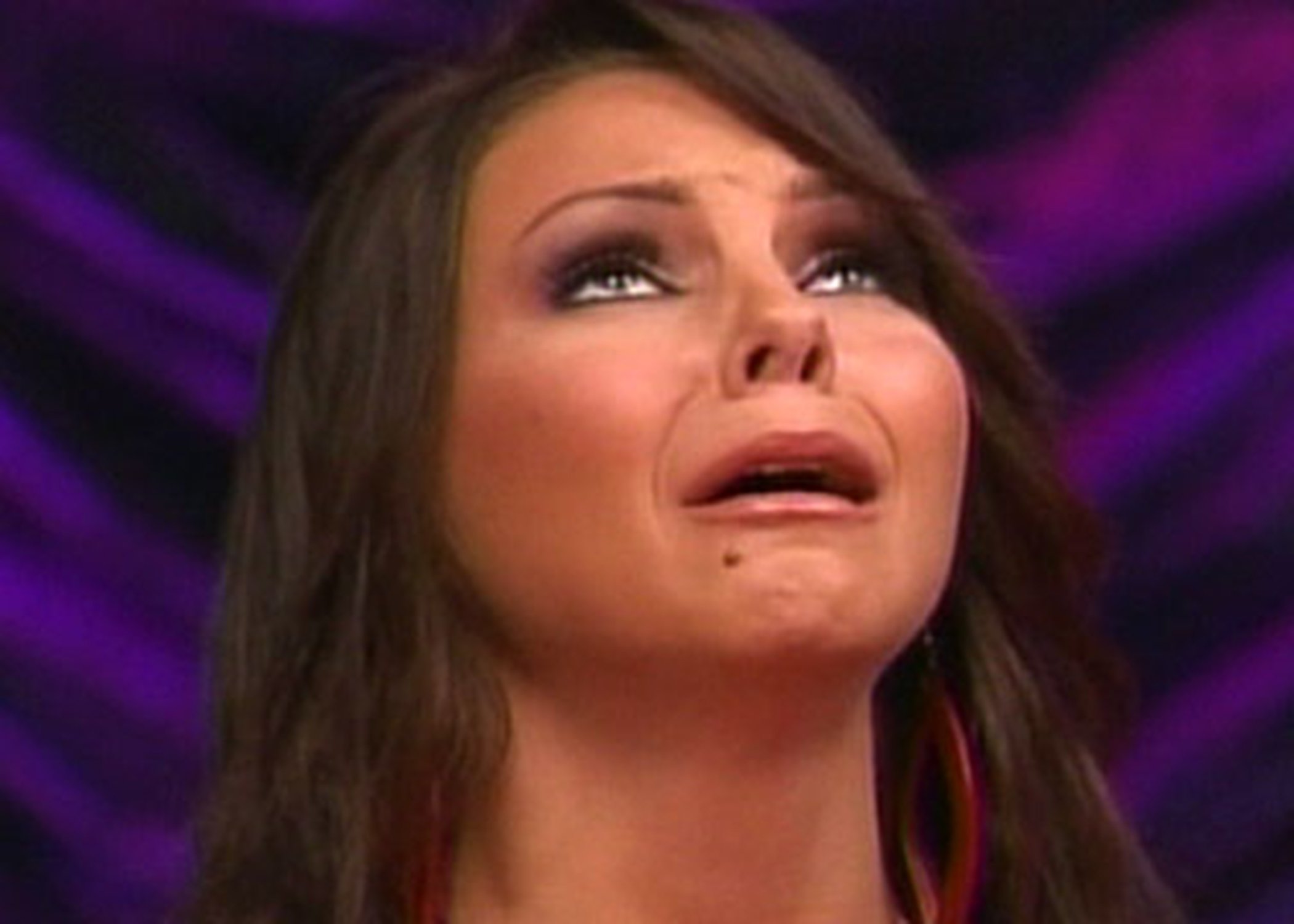Part of Winter 2013
There’s this moment when a crowd at a Christian rock show find themselves in an ambling, prolonged silence. This is the prescribed point to connect with the Lord. Sway, watch and wait. Jesse McLean’s videos examine fixations, confound certainty and build a trajectory through the inconceivable. Inner life is synthesized with the screen, convincingly, right up until the moment when the pull-back occurs. Resonance coupled with essayistic layers of images and words; it’s all coming through you. We sway with it. Transfixed and thoughtful, we tumble toward understanding until it is mere steps away. One foot in, one foot out, sometimes the understanding reached is not what is expected, it’s disarming, leaving new questions in its wake. Other times our pre-existing questions — the big ones — are reframed and expanded into a form that can drive us forward. All this through the vessels of televangelists, geysers, ill-fated shuttle launches, reality TV anxiety, tears, trances, songs that cycle perpetually through re-performance on YouTube and collections of things left behind; all carefully selected, all with something to offer. “You can’t see it, you can’t feel it, and you can’t taste it, but it’s here, right now, all around us, it’s going through you like an X-ray.”
Join us for a No Reading After the Internet featuring excerpts from The Philosophy of Andy Warhol (From A to B and Back Again) hosted by cheyanne turions, on Saturday, March 16, 2:00 pm @ Whippersnapper Gallery, 549B Dundas Street West.
No Reading After the Internet is a salon series dealing with cultural texts, which are read aloud by participants. The particular urgency of the project is in reforming publics and experimenting with the act of reading, as its own media form, in our moment. www.noreadingaftertheinternet.wordpress.com
In The Philosophy of Andy Warhol—which, with the subtitle “(From A to B and Back Again),” is less a memoir than a collection of riffs and reflections—he talks about love, sex, food, beauty, fame, work, money, and success; about New York, America, and his childhood in McKeesport, Pennsylvania; about his good times and bad in New York, the explosion of his career in the sixties, and his life among celebrities.
Jesse McLean‘s work is motivated by a deep curiosity about human behavior and relationships, especially as presented and observed through the mediation of found footage. Her recent work interpolates the production, proliferation, and consumption of televisual experience, investigating how this transfer of information creates a bind of complex relationships between maker and viewer. Interested both in the power and the failure of the mediated experience to bring us together, her work asks the viewer to walk the line between voyeur and participant.
